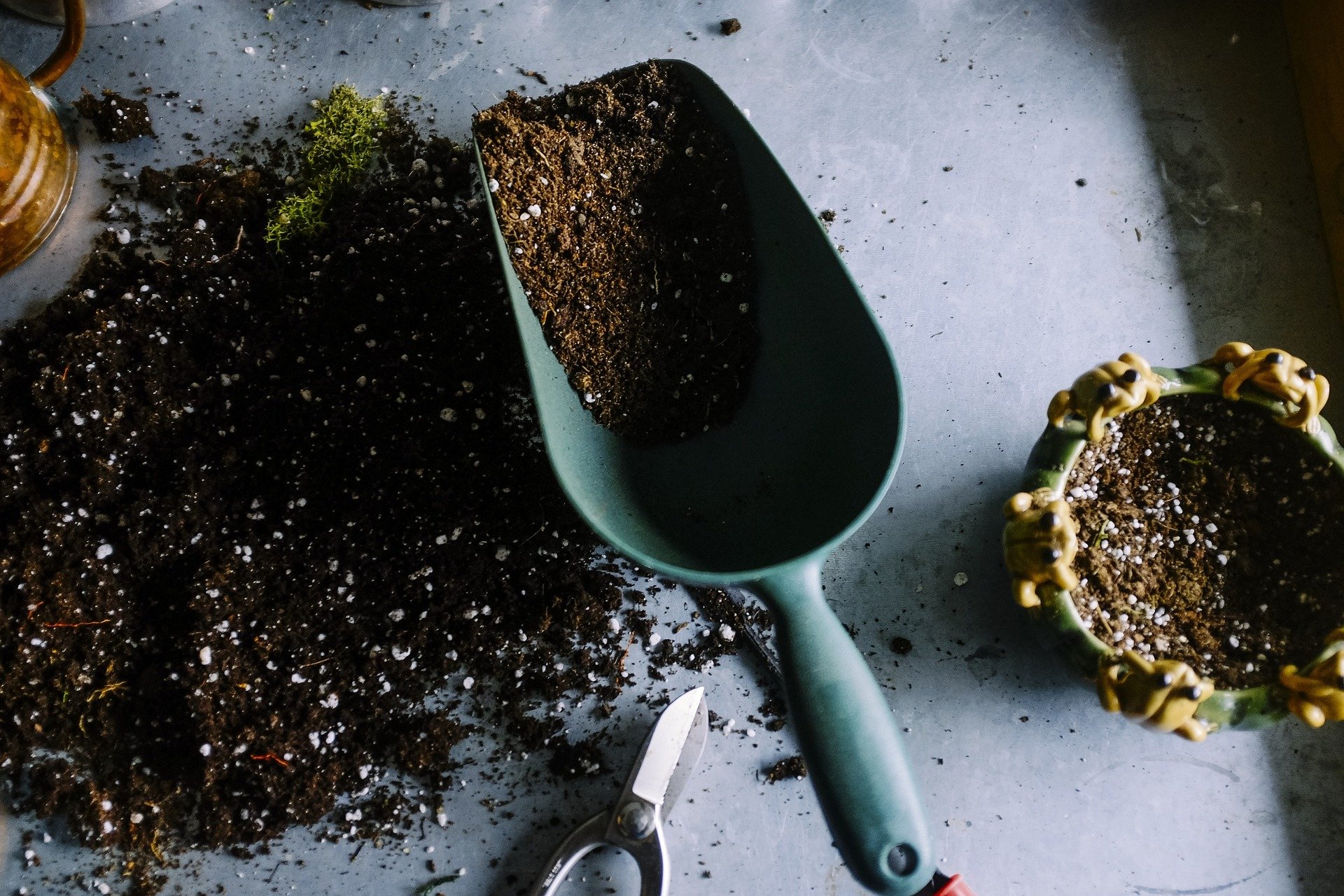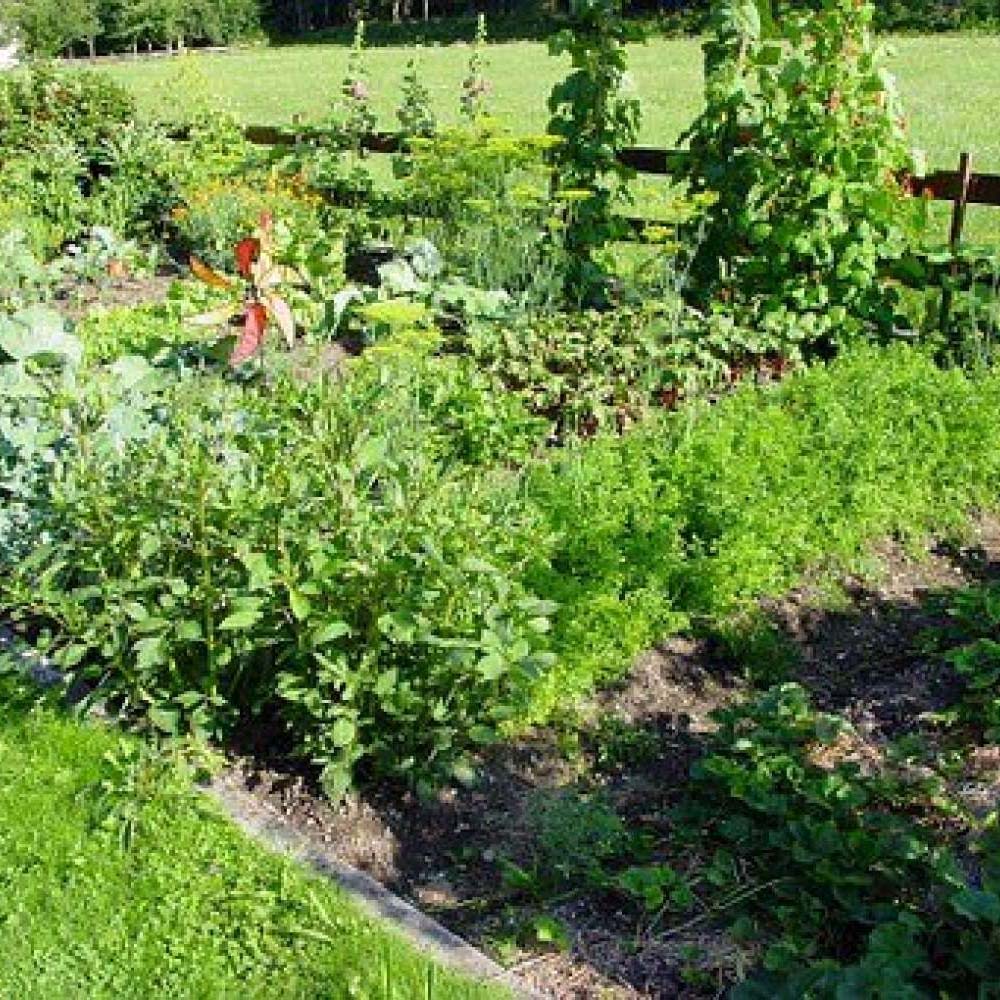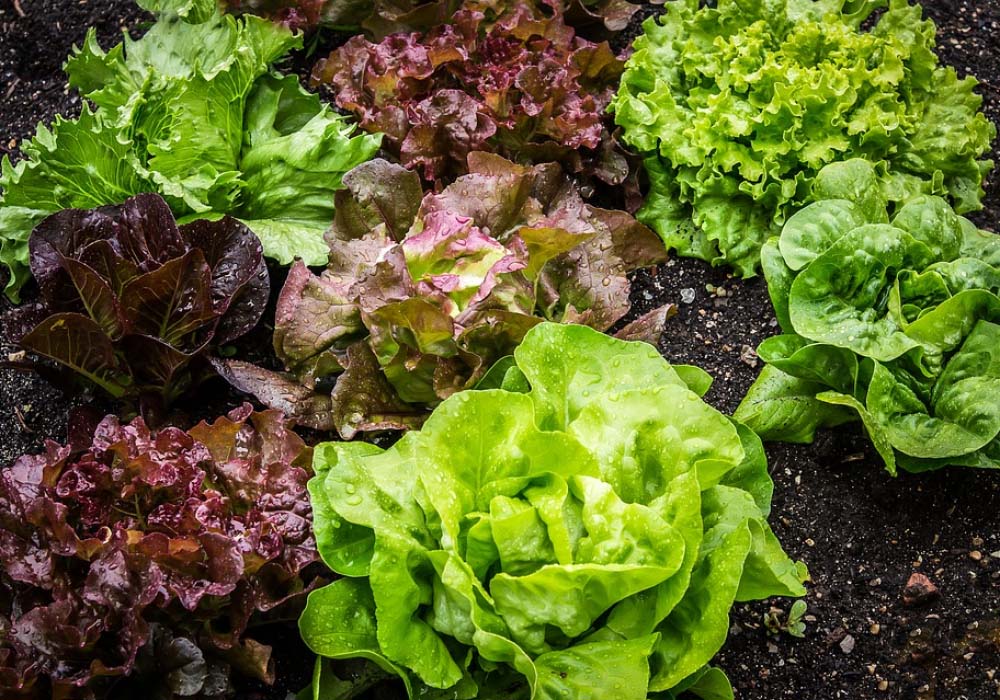

Congratulations! You have decided to join the UK’s nation of growers. You may have a dedicated area of the garden for a vegetable patch, a few pots on the patio or you can rent a plot at a site with your local allotment society.
Either way, we are here to help you out with a beginner’s allotment plan. Giving you all the necessary allotment information, our plan will help you in your growing journey, whether you are thinking of starting a vegetable garden or are looking for a new hobby to fill your time.
We hope you find our community website helpful on your growing journey.
If you have successfully secured the tenure of a local allotment plot be sure to pay your rent and carefully read their rules and regulations before you get started. You may have a secured site where you hold a key, be sure to keep it safe - You will be surprised at how many end up buried in the soil!
Starting a vegetable garden on your allotment not only gives you the satisfaction of growing but also peace & quiet, fresh air and escapism from everyday life and has a social scene too giving you the tonic you perhaps didn’t realise you needed! Even as a beginner, you are bound to make friends with your allotment neighbours, opening up opportunities to share advice and experiences and the odd cuppa over the camping stove. If you plan to take holidays perhaps you can share a watering rota during hot weather.
Having an allotment brings great health benefits to both young and old physically, mentally and emotionally. Some of the benefits may be obvious but here are some of ours:
You will harvest an abundance of fresh, organic fruits and veggies from your garden or allotment plot. Starting a vegetable garden as part of your beginners' allotment plan will provide you with an unmatched sense of contentment, whether you grow tomatoes to crisp salad greens.
The nutritional value of eating fruits and vegetables right out of your plot cannot be overstated. Your produce is also free of harmful chemicals typically used for growing commercially, making them all the more healthy. Furthermore, the manual labour that will be put in for tending your plot will not only enhance your physical health but also your mental well-being. You are bound to taste the difference!
You can significantly reduce your shopping costs with an allotment patch, another encouragement for beginners and those interested in learning more. You will quickly realise how much more expensive buying fruits and vegetables from supermarkets are. Another benefit is that you get to choose what you grow, so you can prioritise expensive and high-yielding crops while minimising waste.
You can become a part of our thriving community of allotment growers online and locally. We are a healthy and happy group of growers who offer any kind of support to those who need it. We share advice, trade seeds, and celebrate wins together!
Growing your own fruit and vegetables lowers your carbon footprint because it requires less packing and shipping than shop-bought food. Besides this, by offering a home for a variety of plant species and important insects like bees and butterflies, you can support the local biodiversity.
While growing, plants absorb the water and nutrients in the soil to thrive and produce fruits. The soil your crops are planted in is crucial for optimal growing and needs nurturing to ensure it’s providing your plants with the essential nutrients.
Different types of plants have varying requirements when it comes to nutrients. For example, leafy greens like spinach and lettuce require higher levels of nitrogen, while root vegetables such as carrots and beets benefit from phosphorus.
If you grow the same set of plants for many years in a row, some nutrients from the soil will become depleted, while others will become excessive, decreasing the quality of the soil. With crop rotation, you can maintain the soil’s nutritional balance, which is an important aspect of starting a vegetable garden.


…This is where crop rotation plays a part – All plants take water and nutrients offered by the soil in order to thrive and produce their fruits and therefore the soil needs nurturing too so that it can provide these essentials.
Different types of plants have varying requirements hence why planting brassicas, root vegetables, legumes and so on benefit from a fresh ‘home’ each season – although opinions vary on this. Vegetables with longer, deeper roots can be replaced with smaller rooted vegetables to help reduce soil erosion. …This is where crop rotation plays a part – All plants take water and nutrients offered by the soil in order to thrive and produce their fruits and therefore the soil needs nurturing too so that it can provide these essentials.
Different types of plants have varying requirements hence why planting brassicas, root vegetables, legumes and so on benefit from a fresh ‘home’ each season – although opinions vary on this. Vegetables with longer, deeper roots can be replaced with smaller rooted vegetables to help reduce soil erosion.